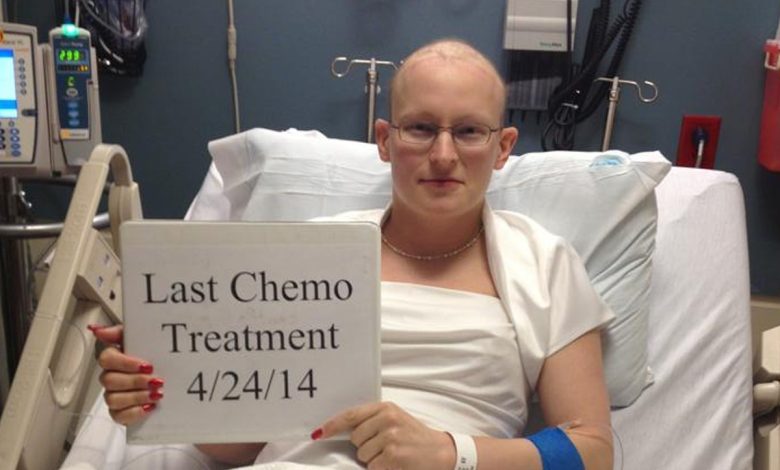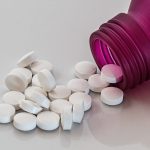Medicines
Redispensing Unused Cancer Meds Cuts Waste, Saves Money

A recent Dutch study has identified a promising strategy to reduce drug waste and save costs in cancer treatment. The study focused on redispensing unused oral anticancer drugs returned by patients to the pharmacy.
Methodology:
- Study Participants: Four Dutch hospitals with outpatient pharmacies participated in the study.
- Patient Population: A total of 1071 cancer patients prescribed oral anticancer drugs for home use were included.
- Special Packaging: Patients were provided with special packaging to return unused medication to the pharmacy.
- Quality Control: The pharmacy assessed the returned drugs for authenticity, appearance, remaining shelf-life, and storage temperature.
- Comparison: The study compared the reduction in drug waste and cost savings from redispensing drugs against the standard practice of disposal.
Study Outcomes:
- Drug Packages Dispensed: 13,069 oral anticancer drug packages, with an average of 27 daily doses per package, were dispensed during the study.
- Returns: 16% of patients (n = 171) returned 335 (2.6%) unused drug packages.
- Redispensing Rate: 68% of the returned packages passed quality control and were redispensed.
- Waste Reduction: Redispensing reduced waste by 68% compared to disposal.
- Cost Savings: The mean net annual cost savings per patient was €576 (US $682). For patients on targeted oral anticancer drugs for up to 24 months, savings increased to €934 (US $1019) with the quality check protocol.
Implications for Practice:
- Financial Sustainability: The study emphasizes the need for new strategies to enhance the financial sustainability of expensive therapies like oral anticancer drugs.
- Waste Minimization: Redispensing provides a waste-minimizing strategy contributing to sustainable and affordable access to drugs.
- Reminder System: Reminders at the pharmacy prompted drug returns, but additional strategies may be needed to maximize returns.
Limitations:
- Cost Variability: The study was conducted in the Netherlands, and cost savings might differ in countries with substantially higher drug prices, such as the United States.
- Incomplete Returns: Not all patients may have returned unused drugs despite reminders at the pharmacy.
Disclosures:
- Funding: The study was funded by ZonMw, the Dutch national organization for health research and development.
- Conflicts of Interest: The authors have disclosed no relevant financial relationships.
Conclusion: The research highlights the potential benefits of redispensing unused oral anticancer drugs, showcasing a cost-effective and waste-reducing strategy in cancer treatment. The findings underscore the importance of developing innovative approaches to enhance both financial and ecological sustainability in the context of expensive therapies.





